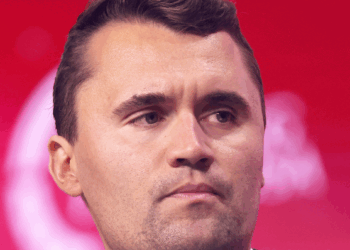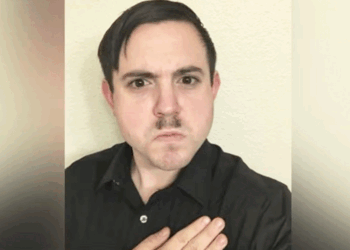As this edition of the American Jewish World goes to press, it seems like there is an inordinate amount of bad news in the pages. There are reports of Jews behaving badly — uttering racist, profane and inhumane comments that do not reflect the high ideals of our prophetic tradition, to say the least.
So we look to President Barack Obama’s remarkable, unprecedented historic address to the Muslim world last week in Cairo, and try to find some rays of hope, specifically in the 1,000 words, in a 5,800-word address, that were devoted to the long-running conflict between Israel and its Arab neighbors.
Obama began this portion of his talk by pointing out that “America’s strong bonds with Israel are well known. This bond is unbreakable. It is based upon cultural and historical ties, and the recognition that the aspiration for a Jewish homeland is rooted in a tragic history that cannot be denied.”
He then segued to the Shoah, stating that any effort to deny the reality of the mass murder of the European Jews “is baseless, ignorant, and hateful. Threatening Israel with destruction — or repeating vile stereotypes about Jews — is deeply wrong, and only serves to evoke in the minds of Israelis this most painful of memories while preventing the peace that the people of this region deserve.”
While some Jewish pundits scored Obama for arguing that Israel’s legitimacy rests on the need for a Jewish state after the Holocaust — rather than on the ancient Jewish ties to Eretz Yisrael — these remarks clearly seem intended as a rebuff to the Iranian president, who repeatedly has cast doubt on the historical reality of the Holocaust and called for wiping Israel off the map. Obama was speaking to Muslims in the Arab world and beyond; and the Arab states especially are fearful of the expansion of Iran’s power in the region.
In this vein, Obama uttered an unequivocal call for the emergence of a Palestinian state. He discussed the “daily humiliations” of the Palestinians under Israeli occupation and said, “So let there be no doubt: the situation for the Palestinian people is intolerable. America will not turn our backs on the legitimate Palestinian aspiration for dignity, opportunity and a state of their own.”
We do not know how relations will develop between the Obama administration, which is still developing its Mideast policies, and the new premier in Israel, who will focus on the Israeli-Palestinian conflict in an address next week. On the U.S. side, Obama’s first priority is finding a way to stop the decline of this country’s economy. Also, there is the matter of two wars: the U.S. is trying to extricate its forces from Iraq, which is still far from being a stable nation; and there is what observers call “Af-Pak,” the war against the Taliban in Afghanistan and Pakistan, in which the U.S. is committing more troops. President Obama also has to keep his eye on the crazy regime in North Korea, which is testing more missiles and recently imprisoned two American journalists.
Commentators in the U.S. and Israel are discussing a crack-up in relations between America and the Jewish state, but it’s really too early to panic. Generally, Israeli observers found a mixed bag in Obama’s message from Cairo.
“Barack Obama did not reinvent the wheel: His peace proposal included nothing that was not said before,” Orly Azoulay wrote last Friday in the Israeli daily Yediot Achronot. “Yet the innovation had to do with the dosage, the tone and the show of determination. The American president personally pledged to end the Israeli occupation, facilitate the establishment of a Palestinian state, and support a Jerusalem that will be accessible to members of all faiths. After many years, an American president spoke in an inspiring manner that sparked, for a moment at least, a glimmer of hope.”
Indeed, the recent elections in Lebanon, which did not go well for Hezbollah and its allies, are seen as the first fruits of Obama’s Cairo address. George Mitchell, the U.S. envoy to the Middle East, is meeting with Israeli leaders and leaders of Arab states this week. Since an Israeli prime minister and a Palestinian leader shook hands on the White House lawn in 1993, there have been many talks and diplomatic forays. We hope that the sharp minds in the Obama administration soon can produce a breakthrough that will lead to a negotiated settlement in Israel and Palestine.
— Mordecai Specktor /Â editor@ajwnews.com
(American Jewish World, 6.12.09)



















